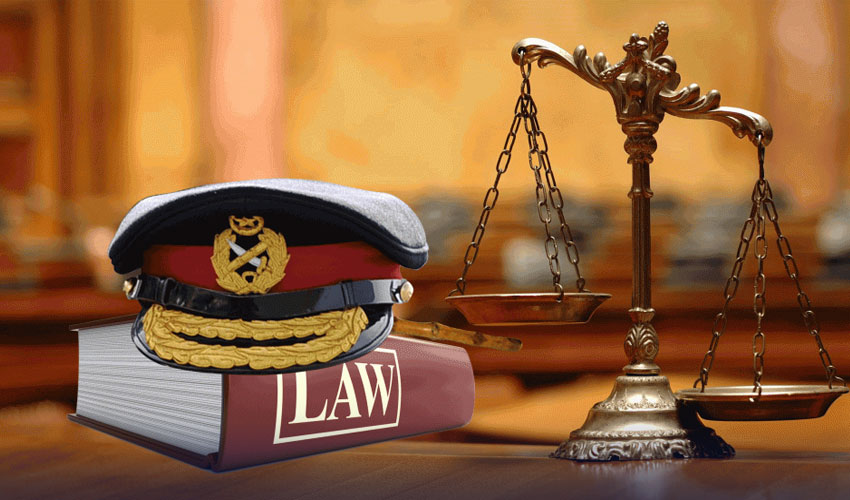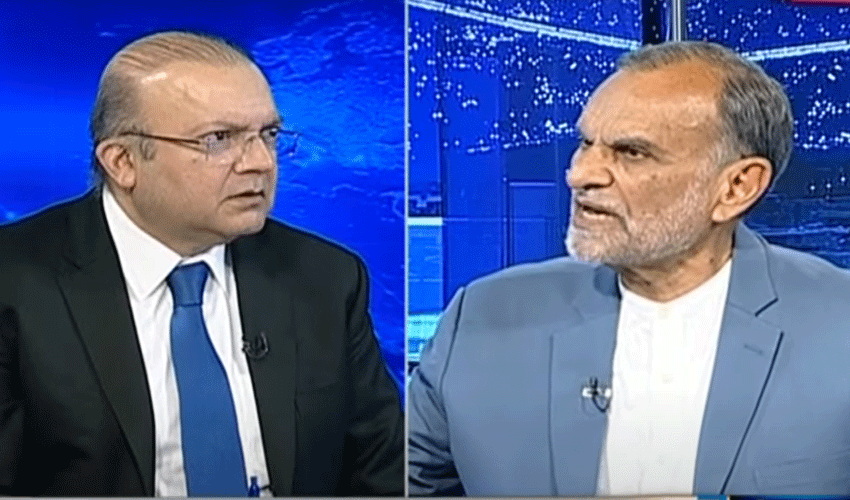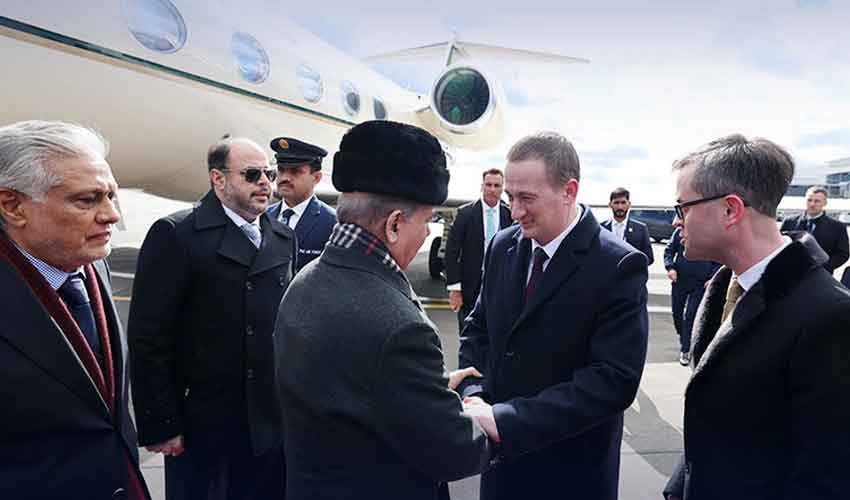Supreme Court of Pakistan raised critical questions about the selective application of military trials during an intra-court appeal hearing regarding civilian cases in military courts.
"Why wasn't there a military trial for the attack on Parliament? It is supreme above all. Doesn't Parliament consider an attack on itself as contempt?" Justice Hassan Azhar Rizvi was questioned during the proceedings.
A seven-member constitutional bench, led by Justice Amin-ud-Din Khan, examined the criteria for determining which cases go to military courts. Justice Muhammad Ali Mazhar highlighted an apparent procedural inconsistency, stating, "It seems strange that first we were told not to discuss Army Act sections, and then these sections were declared void."
Defense Ministry counsel Khawaja Haris emphasized the distinction between protests and attacks. "There is a difference between protest and assault. Political activity has its limits. Attacking state property and breaching state security is not political activity," Haris argued.
Justice Hassan Azhar Rizvi pointed to the unprecedented nature of the May 9 incidents: "In the past, people would protest at liquor stores or governor houses. This is the first time simultaneous attacks occurred across different cities. The crime cannot be denied."
"If a crime fits within the Army Act, the trial will be held in military court," Justice Muhammad Ali Mazhar explained, addressing the jurisdiction question. "The crimes are written in the law books."
The Additional Attorney General revealed that "the Attorney General was instructed to focus arguments on May 9 and 10 events rather than the Army Act." This prompted Justice Muhammad Ali Mazhar to observe the contradiction in the approach.
The hearing has been adjourned until Monday, with Justice Amin-ud-Din Khan announcing, "We will dedicate the entire day to this case alone." This came despite defense counsel's request for an extension, to which Justice Musarrat Hilali remarked, "Khawaja sahib, you promise to complete arguments every day but then break that promise."



























